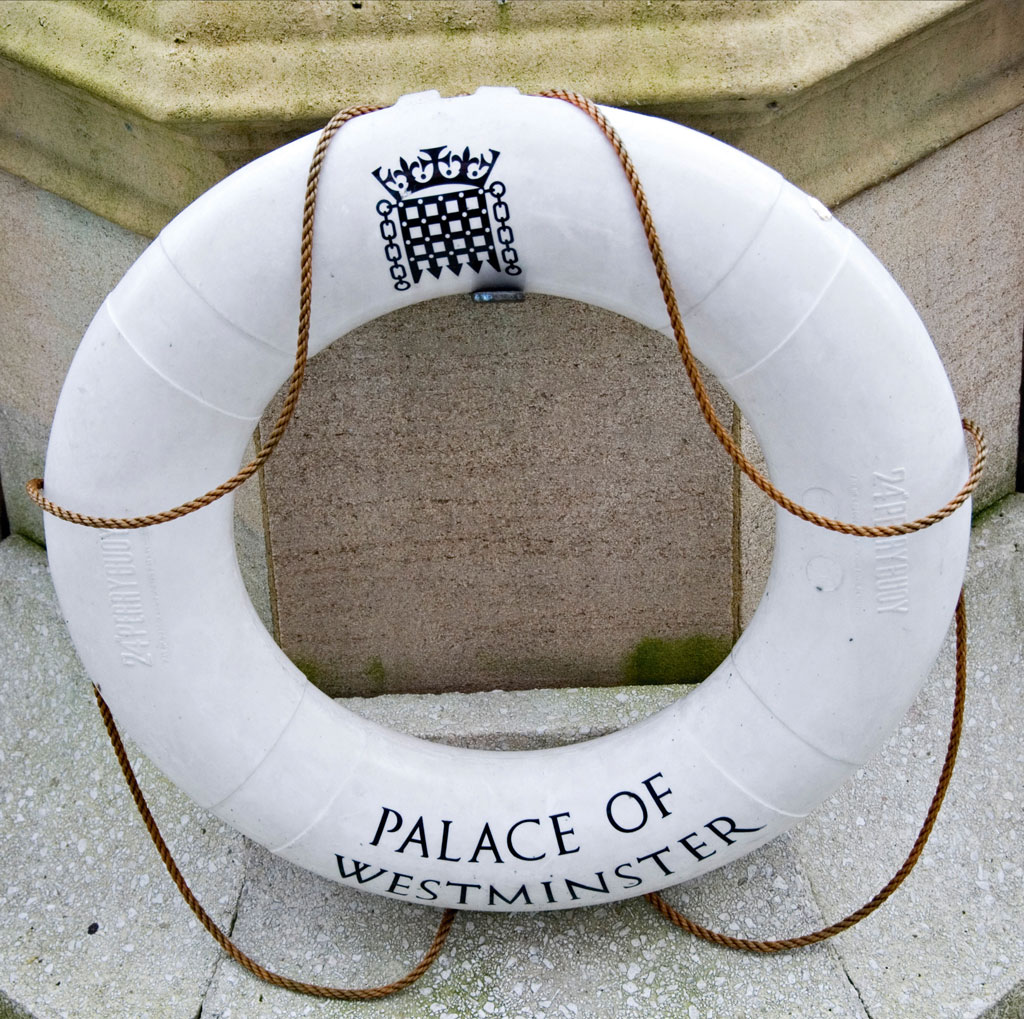
In the first of a special series of articles, John Ford shares his concerns about the future of the education system
In the post-European referendum world, there is an awareness that no one knows what is going to happen in the near or long-term future in relation to the education system in England and Wales.
We may be about to see a political revolution, or perhaps some cosmetic changes which leave the status quo intact. As a practitioner in education law for nearly 25 years I would encourage all who have involvement in education at all levels and the delivery of services intended to foster the development and welfare of young people to understand what the law can deliver in order to achieve greater encouragement of equality and access to justice and the facilities that are made available for the development and well-being of young people.
Marking territory
There has been a tendency of all incoming governments to implement promptly a suitable carrier to mark their political success. Examples can be found









